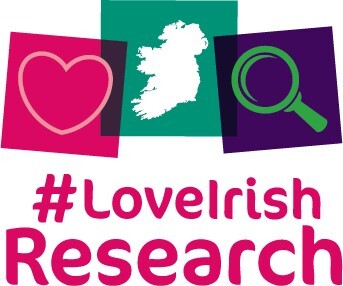by Eugenia Siapera and Brendan Scally
The Platforming Harm project is funded by the Irish Research Council under the COALESCE programme (Collaborative Alliances for Societal Challenges). The project co-investigators are Prof Eugenia Siapera (ICS/Centre for Digital Policy, UCD), Prof Padraig Cunningham (Computer Science, UCD), Martina Chapman, and Brendan Scally as the research assistant. Its key aim is to understand the narratives on health and vaccines circulating on digital platforms during and after the pandemic. While considerable effort has gone into studying relevant contents on popular platforms such as Facebook, Twitter and YouTube, less is known about the so-called Alt Tech platforms, such as Telegram and Bitchute. These social media platforms are defined by their minimalist approach to content moderation and their emphasis on freedom of speech in the broadest sense. As a result, misinformation regarding Covid-19 in these spaces circulates unchecked and routinely exists alongside various forms of hate speech, bigotry, and other harmful content.

Platforming Harm aims to understand the reconfiguration of the digital media landscape and the circulation of content that contains harmful and inaccurate information on health. Specifically, we hope to uncover the ways in which health narratives become re-signified, appropriated, and weaponized by various social actors. Ultimately, we hope to provide students, policy makers, journalists, industry specialists and the general public with a methodological and conceptual framework to identify and deal with potentially harmful health narratives. Methodologically, we use computer driven topic modelling and network analysis alongside qualitative methods, including digital ethnography, discourse analysis, and frame analysis. By analysing the content of Covid-19 misinformation across Telegram and BitChute we hope to understand three sides of harmful health narratives: the role of producers and disseminators of such narratives; the role of platforms in distributing and platforming these actors and their narratives; and the side of users, and the social, emotional, and psychological needs they look to satisfy.
The research started in December 2021, and in the first six months of the project we focused on Telegram, collecting a large dataset from channels and groups posting around Covid-19 since the beginning of the pandemic. In a second step we performed a topic modelling on the dataset in order to identify clusters of topics. Next, using network analysis, we will link these narratives with specific actors and users, so that we can identify the origins, trajectories and effectiveness of these topics in drawing in more people. In parallel, we will begin working on Bitchute, where we plan a study of ‘microcelebrities’ with a view to learn the role they play in this ‘Alt Tech’ universe. In the final stage, the project will use its findings to develop appropriate media literacy guides and tools.
We will be posting regular updates on the project progress on the website of the Centre for Digital Policy.
